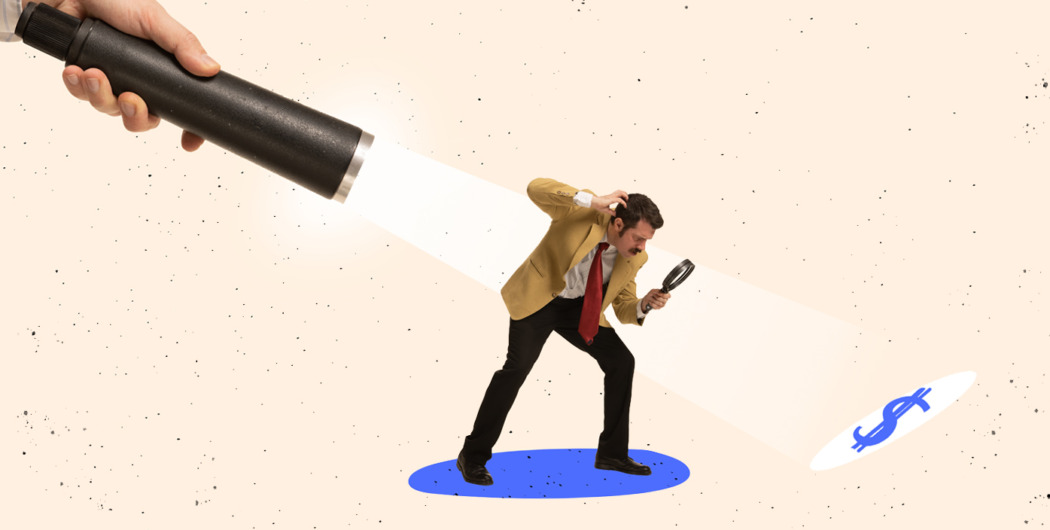

Any investment is a certain risk, so it’s not enough just to study the factors influencing an asset`s price. Prudent people think about due diligence in banking in order to understand the probability of risks and outcome. In addition, this check will allow customers to review a company’s financial information as thoroughly as possible. Let’s explore what is diligence, where and how to apply this expertise.
Basics
Starting with the general meaning of ‘diligent’, it should be understood that this investigation means checking the financial activities of a company with a deep analysis of trends. It allows customers to check how profitable it is to invest in the shares of this company.
The main types of due diligence describe:
- External due diligence review, including an analysis of the firm’s financial condition;
- Internal due diligence audit of the company to identify possible problems.
That is, the first type of expertise is interesting for the investor, and the second one (audit) is useful for the company itself.
For the first time, DD in the modern form was mentioned in 1933 in one of the documents of the US Securities and Exchange Commission.
Scope of work
However, the definition of ‘diligent’ doesn`t specify all the options that this review may include. As a rule, it may entail:
- Sustainability of earnings, taking into account depreciation, taxes, working capital, financial debts, and projected income.
- Meticulous analysis of the formation of earnings and assessment of its quality.
- Searching for potential risks.
- Confirmation of all critical financial information.
However, note that the scale of work will directly depend on the type of company, its size and profitability.
When to use & how long does it take?
After defining financial diligence, let’s look at the main points in time when applying such expertise is most necessary. Theoretically, the best time is after an investor and a company have held initial negotiations and completed the drafting of letters describing the structure of the offer. Comprehensive DD affects both the investor side and the company side.
As soon as due diligence in mergers and acquisitions or other types of deals is completed, the client receives a detailed report. This information allows the customer to critically assess the risks and opportunities, as well as find out whether the price of investments is justified and whether there are any potential problems.
It’s difficult to determine the exact duration of the examination: it may last from 2 weeks to 2 months on average — everything will depend on the specifics of the business, the size of the company and the complexity of financial processes.

Why use financial due diligence?
- The customer will be aware of any difficulties and risks that may arise in the future.
- All investments will be made reasonably and rationally with no intuitive or unfounded decisions.
- The transparency of all transactions is guaranteed for the investor.
- The preliminary examination allows clients to understand the real financial parameters of the company.
- Both the company and the investor understand each other’s financial situation.
Final words
Well, we finally figured out what is financial due diligence and explored the main issues regarding this expertise. It is indispensable for those who are going to invest large amounts in the assets of a particular company, but want to be sure of the appropriateness of such operations. Of course, such checks are not free, but small expenses for preliminary examinations will clearly allow customers to avoid risks and invest only in reliable and promising projects.







